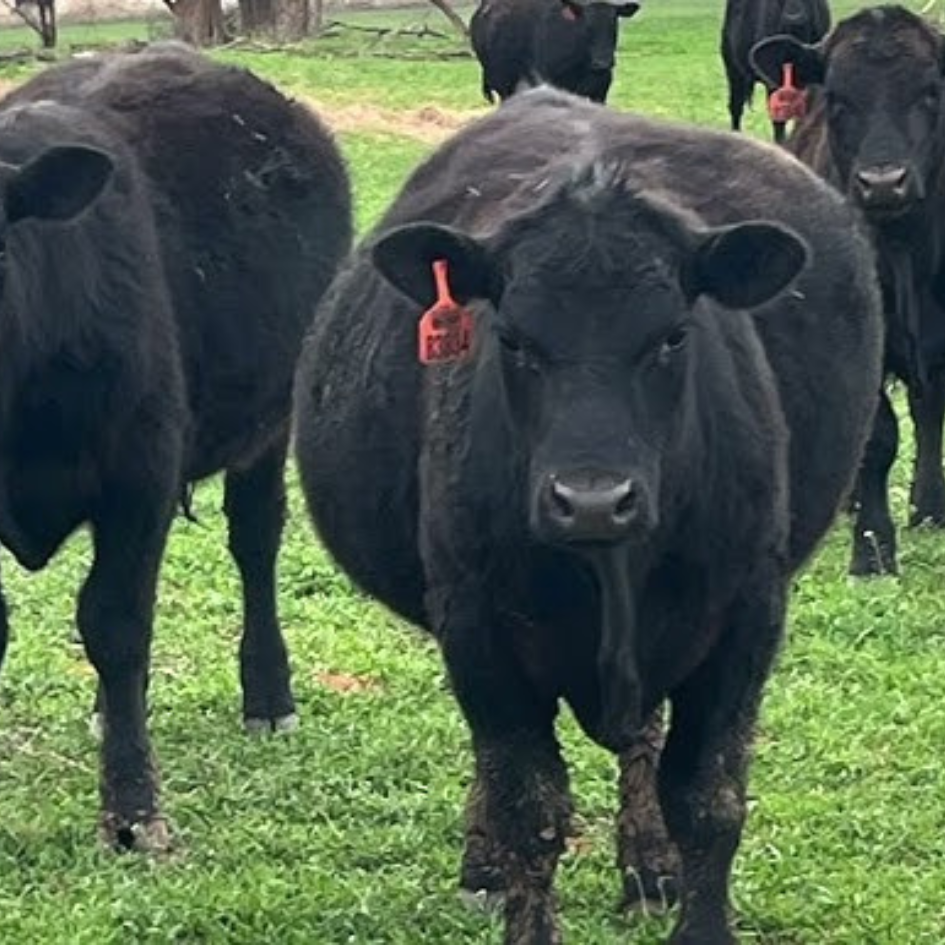
Bloat In Cows Treatment
Bloat In Cattle: Signs, Care, and Prevention
Responding to Farmers’ Questions
Many livestock keepers want to know: “How can I recognize and treat bloat in my cows?” Bloat is a condition in which gas accumulates in the rumen (the first stomach compartment) faster than the cow can release it. This can cause severe discomfort, reduce productivity, and in extreme cases, lead to death if not treated promptly. Bloat is especially common in cows grazing on lush pastures, particularly legumes like clover, alfalfa, or young grass, and in cows fed high-concentrate diets.
The condition develops when excessive gas is produced during fermentation or when frothy foam traps the gas, preventing normal belching. Bloat can escalate rapidly, so early recognition and immediate intervention are critical to save affected animals and prevent herd losses.
Symptoms of Bloat in Cows
Farmers should look for these signs:
-
Swelling of the left side of the abdomen, especially behind the ribs
-
Distended, tight belly that may feel hard to touch
-
Restlessness, discomfort, or kicking at the belly
-
Difficulty breathing due to pressure on the diaphragm
-
Loss of appetite and decreased milk production
-
Excessive salivation or drooling
Treatment of Bloat in Cows
-
Immediate intervention: For mild cases, walking the cow and massaging the rumen can help release gas
-
Rumen-tube insertion: Used by a veterinarian to relieve trapped gas
-
Anti-foaming agents: Products like poloxalene or mineral oil to reduce frothy bloat
-
Diet adjustment: Introduce lush pastures gradually and avoid sudden feed changes
-
Emergency care: In severe cases, veterinary surgical intervention may be required
Prevention and Farmer Tips
-
Mix high-risk pastures with grasses to reduce risk
-
Provide dry roughage alongside legumes or lush feed
-
Introduce concentrates gradually to prevent digestive upsets
-
Monitor cows closely during early grazing seasons or after feed changes
-
Keep emergency anti-bloat products on hand for quick response
Bloat can become life-threatening within hours. Observing early signs, acting promptly, and consulting a veterinarian for severe cases are essential. Careful feeding management, gradual diet changes, and daily monitoring will largely prevent bloat, keeping cows healthy, productive, and safe.